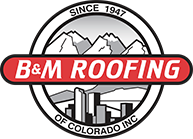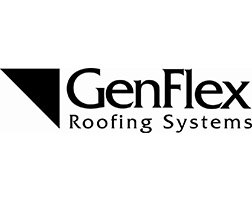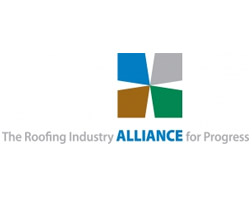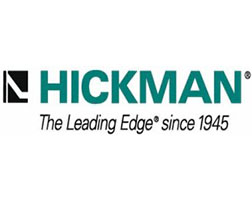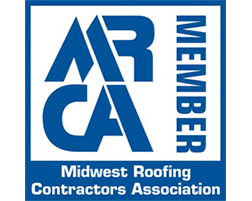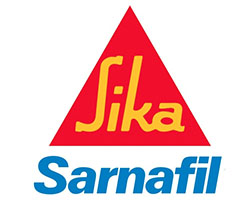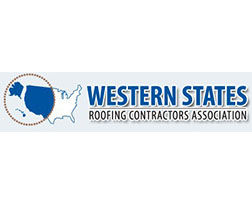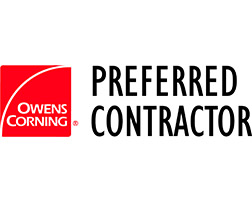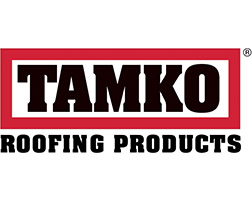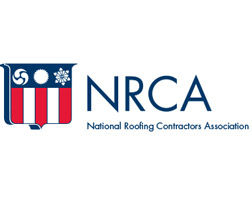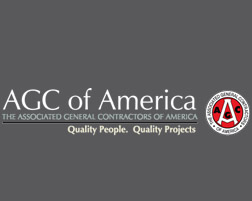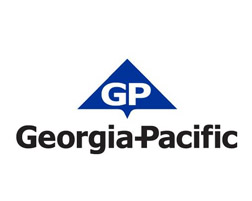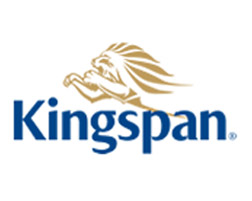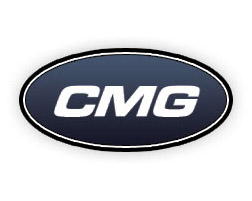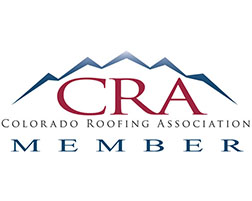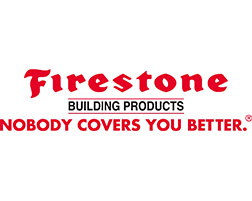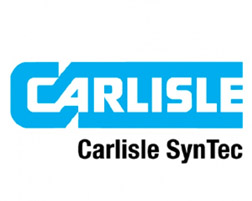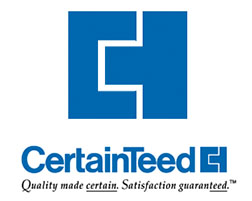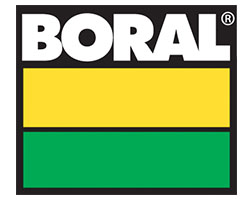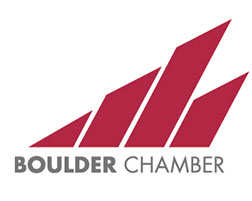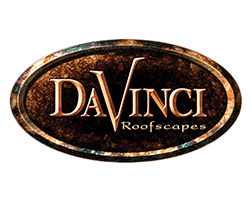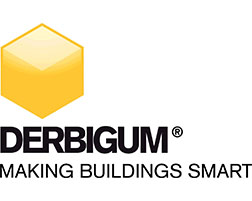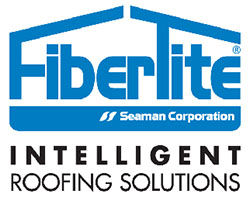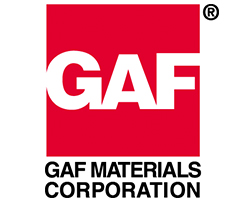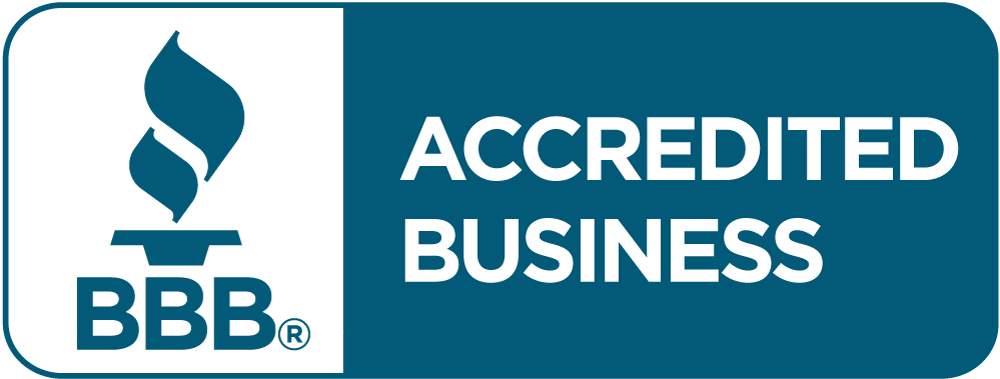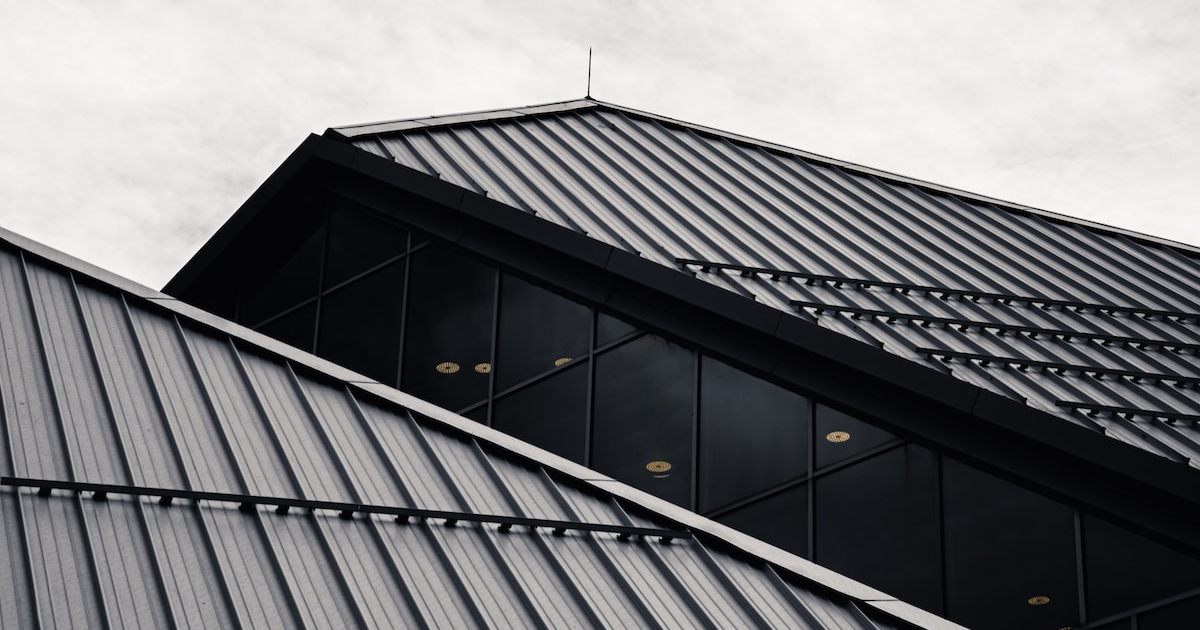
Metal Roof vs. Shingles
In the picturesque landscape of Denver, Colorado, where homes and businesses are often exposed to diverse weather conditions, the choice of roofing material becomes paramount. From scorching summer suns to unexpected hail storms, a roof must be resilient, durable, and efficient. Among the numerous roofing options available, two have consistently dominated discussions and considerations: metal roofs and asphalt shingles.
Metal roofs, with their sleek appearance and undeniable durability, have been a favorite for those looking for longevity and a modern touch to their property. On the other hand, asphalt shingles, with their classic appeal and cost-effectiveness, have been a staple in American homes for decades.
But how does one decide between the two? Is it merely a matter of aesthetics, or are there deeper factors at play? As we delve into the “Metal roof vs. shingles” debate, we aim to shed light on the pros and cons of each, offering homeowners and business owners in Denver a comprehensive guide to making an informed decision.
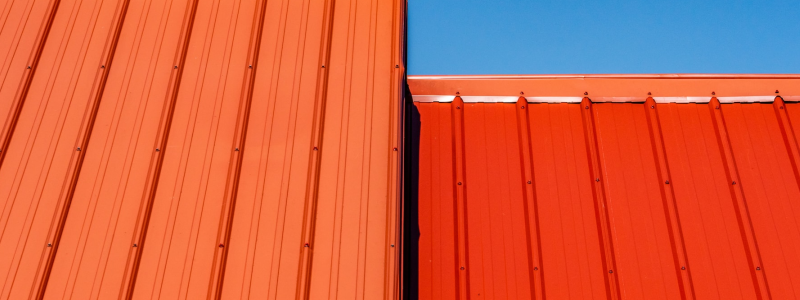
Pros of Metal Roofs: Are Metal Roofs Worth?
When considering the roofing options for your home or business it’s essential to weigh the advantages of each material. Metal roofs, in particular, have gained popularity for several compelling reasons:
- Durability: One of the most significant benefits of metal roofs is their exceptional durability. Unlike other materials, metal can withstand extreme weather conditions, from heavy snowfall to hail storms. This resilience ensures that your roof remains intact and functional for years to come. Metal roofs can offer a 10-25% reduction in cooling costs due to their ability to reflect the sun’s UV and infrared light rays.
- Energy Efficiency: Metal roofs are known for their energy-saving properties. Their reflective surfaces can deflect sunlight, reducing the amount of heat absorbed by your home. This means that during the hot summer months, your home remains cooler, leading to significant savings on air conditioning costs.
- Variety of Styles: Gone are the days when metal roofs were limited to a few designs. Today, they are available in a plethora of styles, colors, and finishes, allowing homeowners to choose a design that complements their property’s aesthetic.
- Eco-Friendly: Metal roofs are sustainable and environmentally friendly. Most metal roofing materials are made from recycled content, and once they reach the end of their lifespan, they can be recycled again, reducing landfill waste.
- Fire Resistance: Metal roofs are non-combustible, making them highly resistant to fire. This feature is especially beneficial in areas prone to wildfires, providing an added layer of protection to your property.
- Low Maintenance: Unlike other roofing materials that may require regular upkeep, metal roofs demand minimal maintenance. Occasional cleaning and inspection are generally all that’s needed to keep them in optimal condition.
Cons of Metal Roofs: Is A Metal Roof Cheaper Than Shingles?
When considering “Metal roof vs. shingles”, it’s essential to understand the potential drawbacks of metal roofing. While metal roofs offer numerous benefits, they also come with their own set of challenges:
- Initial Cost: Metal roofs tend to have a higher upfront cost compared to asphalt shingles. This can be a significant factor for homeowners and business owners working within tight budgets. However, it’s crucial to weigh this initial investment against the long-term savings and durability that metal roofs provide. Some sources highlight the affordability aspect, noting that metal roofs can be two or three times more expensive than other roofing materials.
- Noise: One common concern with metal roofs is the noise during heavy rain or hailstorms. The sound of raindrops or hail hitting the metal surface can be louder than on traditional shingle roofs. Proper insulation can mitigate this issue, but it’s a factor to consider, especially in areas prone to frequent rain.
- Potential for Denting: While metal roofs are durable, they can be susceptible to denting, especially in areas with frequent hailstorms. It’s essential to choose a high-quality metal roofing material to reduce the risk of denting.
- Expansion and Contraction: Metal roofs can expand and contract with temperature changes. Over time, this can lead to loosening of fasteners or other components, requiring additional maintenance.
- Specialized Installation: Installing a metal roof requires specialized skills and tools. It’s crucial to hire experienced professionals to ensure the roof is installed correctly, which can add to the overall cost.
- Aesthetic Concerns: Some homeowners prefer the traditional look of shingles over the more modern appearance of metal. While metal roofing comes in various styles and colors, it might not suit every architectural style.
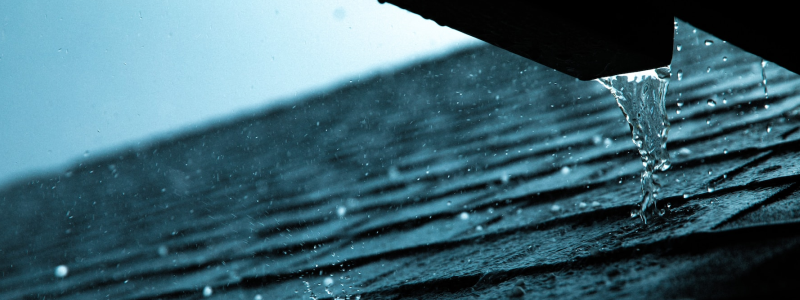
Pros of Shingles
In the debate of “Metal roof vs. shingles”, asphalt shingles stand out for several reasons that appeal to homeowners and business owners alike. Here are the primary advantages of shingle roofs:
- Affordability: One of the most significant benefits of shingle roofs is their cost-effectiveness. Compared to metal roofs, asphalt shingles are generally more affordable, making them a popular choice for those on a budget.
- Ease of Installation: Shingle roofs are relatively straightforward to install. Their flexibility and lightweight nature mean that they can be fitted quickly, reducing labor costs and installation time.
- Variety of Colors and Styles: Asphalt shingles come in a wide range of colors and styles, allowing homeowners to choose a design that complements the aesthetic of their property. Whether you’re looking for a traditional or contemporary look, there’s likely a shingle style to match.
- Repairability: If a section of your shingle roof gets damaged, it’s often easier and less costly to repair or replace individual shingles than to fix a metal roof.
- Sound Insulation: Unlike metal roofs, shingle roofs tend to offer better sound insulation, ensuring that noise from rain or hail is less intrusive.
- Familiarity: Given their popularity, many roofing contractors are familiar with shingle installation and repair, ensuring that homeowners have a wide range of experts to choose from.
Cons of Shingles
When considering “Metal roof vs. shingles”, it’s essential to understand the potential drawbacks of shingle roofs. Here are some of the primary disadvantages:
- Shorter Lifespan: While shingle roofs are affordable, they typically have a shorter lifespan than metal roofs. On average, asphalt shingles last between 15 to 30 years, depending on the quality and maintenance. Some sources even claim that they can last for over 50 years.
- Maintenance Requirements: Shingle roofs require more frequent maintenance to ensure their longevity. This includes regular inspections for damage, cleaning to remove debris and algae, and replacing damaged shingles.
- Vulnerability to Extreme Weather: Shingles can be damaged by high winds, hail, and other extreme weather conditions. They are also more susceptible to algae and moss growth, which can affect their appearance and functionality.
- Environmental Concerns: Unlike metal roofs, which are often made from recycled materials and are recyclable at the end of their life, asphalt shingles contribute to landfill waste.
- Potential for Increased Insurance Premiums: Some insurance companies may increase premiums for homes with shingle roofs, especially in areas prone to severe weather conditions.
- Heat Absorption: Shingles, especially darker ones, can absorb heat, which can increase cooling costs during the summer months.
Lifespan and Durability
When comparing “Metal roof vs. shingles” in terms of lifespan and durability, it’s crucial to understand the longevity of each roofing material.
How Long Do Metal Roofs Last:
Metal roofs are renowned for their impressive durability and extended lifespan. Depending on the material and maintenance, metal roofs can last between 40 to 70 years. Their resilience is attributed to their ability to withstand extreme weather conditions, from high winds to hailstorms. Furthermore, metal roofs are fire-resistant, moisture-proof, and inaccessible to most pests, ensuring their longevity.
How Long Do Shingles Last:
While asphalt shingles are widely popular due to their affordability and ease of installation, their lifespan is typically shorter than metal roofs. On average, asphalt shingles can last between 12 to 20 years, depending on the quality, maintenance, and environmental factors. Factors such as extreme weather conditions, mold, mildew, and rot can affect the longevity of shingle roofs.
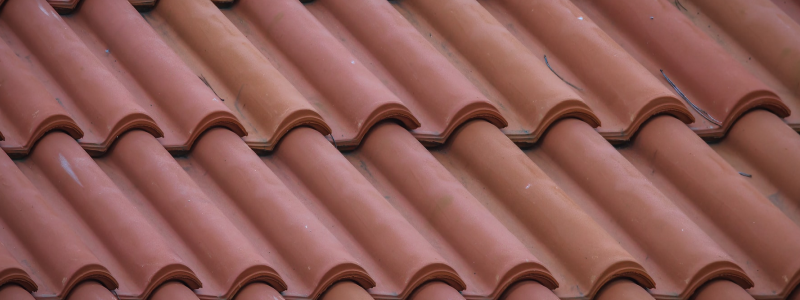
Final Recommendations
In the debate of “Metal roof vs. shingles”, both roofing materials present their unique advantages and challenges. Metal roofs are environmentally friendly, durable, and offer significant energy savings. On the other hand, shingles are widely recognized for their affordability, ease of installation, and versatility in design.
However, when considering the long-term benefits, metal roofs often come out ahead due to their extended lifespan, reduced maintenance needs, and energy efficiency. For homeowners and business owners in Denver, Colorado, it’s essential to weigh the initial costs against the long-term savings and benefits.
In conclusion, while shingles might be a suitable choice for those on a tight budget or with specific aesthetic preferences, metal roofs offer undeniable advantages in durability, lifespan, and eco-friendliness. If you’re contemplating a roofing project in Colorado, we recommend consulting with B&M Roofing. Our team of experts will provide guidance tailored to your specific needs, ensuring you make an informed decision for your residential or commercial property.
